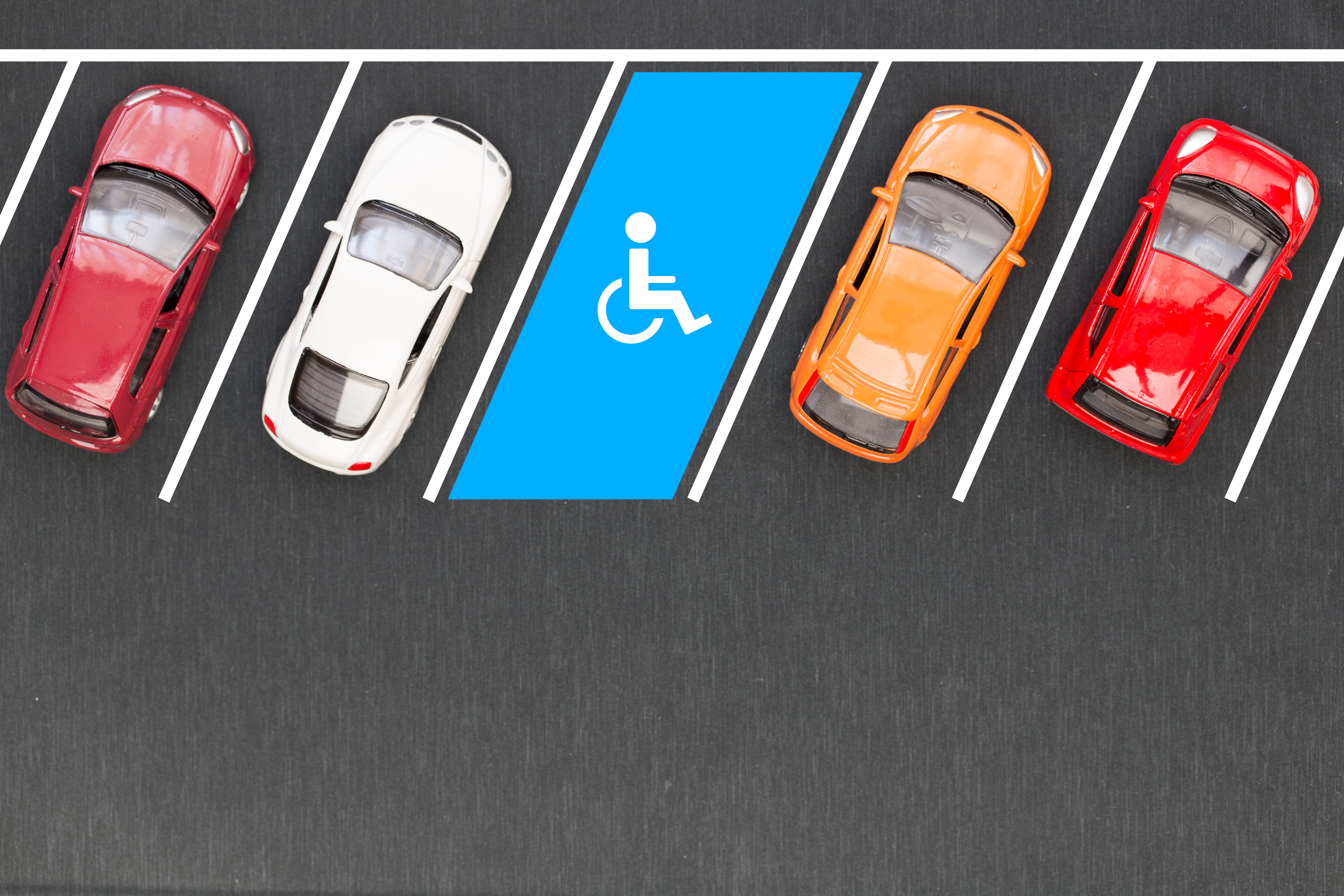Should you be given a parking space?

Employers sometimes request advice from Occupational Health regarding allocating employees with health difficulties parking spaces close to the workplace entrance. This can often be helpful with people with mobility issues. However, employers sometimes question their obligation to implement such a change as a ‘reasonable adjustment’ and the following case may therefore be of interest.
Ms Linsley, suffered from a condition that sometimes made her urgently need to go to the toilet. Her condition was ulcerative colitis – this is a long-term condition where the colon (large bowel) becomes inflamed and this condition can be aggravated by stress. Her employer, HMRC, had a policy on the use of its parking spaces where priority was given to staff who required a parking space as a reasonable adjustment. In 2012, an occupational health report stated that Ms Linsley would benefit from a dedicated parking space at her place of work, near the building, so she could reach the toilet urgently if necessary. Between 2012 and 2015 she was provided with a dedicated parking space. When she moved her workplace in 2015, she was again provided with a dedicated parking space which was also a disabled parking space.
In 2016, Ms Linsley began working at another site, shortly prior to which she requested a dedicated parking place as previously. However, instead of being provided with a dedicated parking space, she was given a parking space near the toilets to be used by her if she failed to get a space near to the main entrance on a first come first served basis. This would require her to sign paperwork with the office but without any need to explain her condition. Alternatively, she could park in an unauthorised zone, incurring a notional sanction which the employer would ensure was not applied to her. She would also be required to move the vehicle later in the day if/when a space became available.
Ms Linsley found this to be very stressful, and in early 2017 she went off sick with stress. She issued a claim for disability discrimination and the EAT provided the following guidance:
- The particular disadvantage suffered by the employee when assessing the reasonableness of the steps taken by the employer; in this instance, it determined that HMRC had not considered the impact stress had on Mrs Linsley’s condition and the fact that driving round to find a space caused her anxiety;
- The fact that HMRC had failed to follow its own policy and had not provided a cogent reason for not doing so;
- The long history of medical evidence and correspondence about Mrs Linsley’s condition. An employer should review matters comprehensively and not base its approach on the most recent evidence only. HMRC appeared to have made its decision purely on the basis that Mrs Linsley was no longer a blue badge holder as she had not applied to have her badge renewed. Nevertheless, she was still disabled for the purposes of the Equality Act 2010 and therefore HMRC should have either followed its own policy or given a very clear reason for why it was ceasing to do so and why it felt its alternative was reasonable in all the circumstances.
The link to the case is available here.
Ultimately, the tolerance and reasonableness of any adjustment (whether disability related or not) is a management and not a medical decision and the employer’s operational requirements must be balanced against the needs of the employee. However this case shows the complexities involved with making such a decision and the importance of understanding the full picture and communicating adequately with the employee. Occupational Health can certainly assist the employer with these decisions by helping to explain the full medical picture (with the employee’s consent) and what adjustments are likely to help the employee so that the employer feels able to consider the full needs of the employee to make an informed and fair decision.
Contact Details
For more information about how Lincoln Occupational Health can help you please contact us on enquiries@lincolnoccupationalhealth.co.uk or 0844 481 0093 where our team will be happy to help.